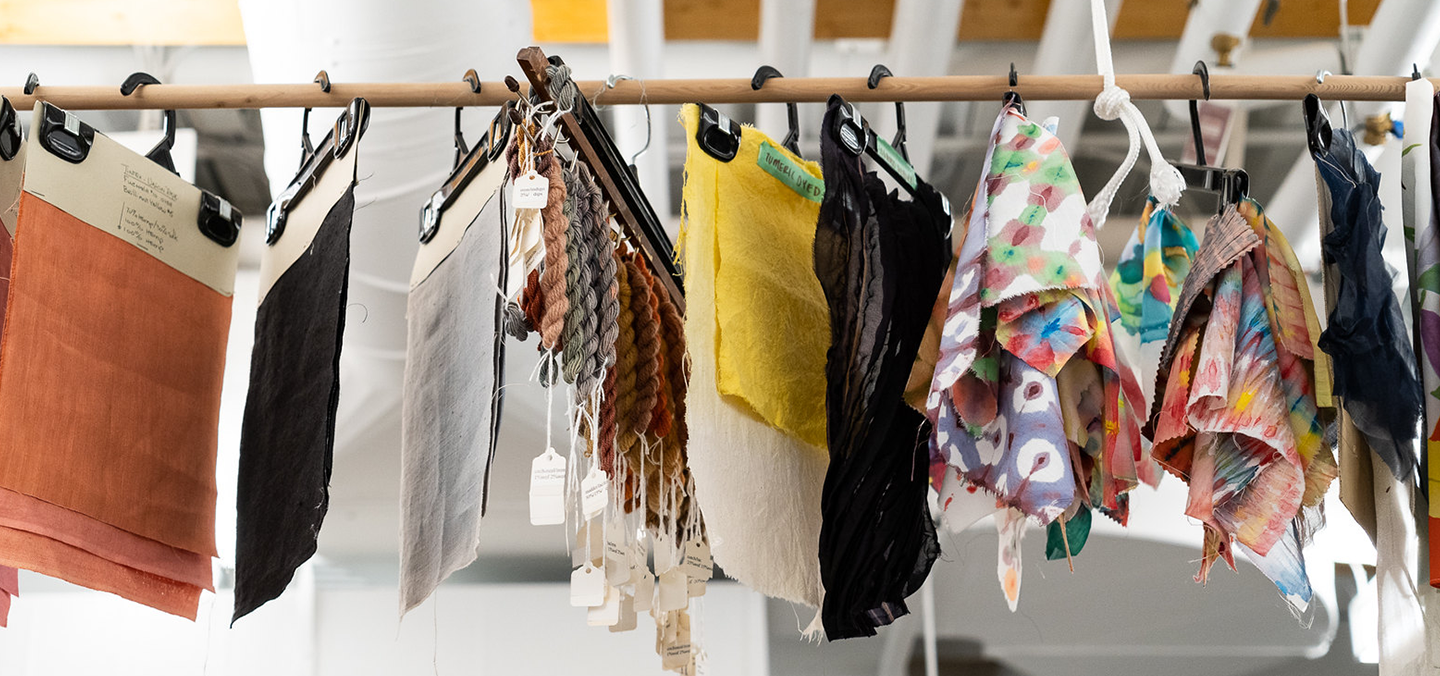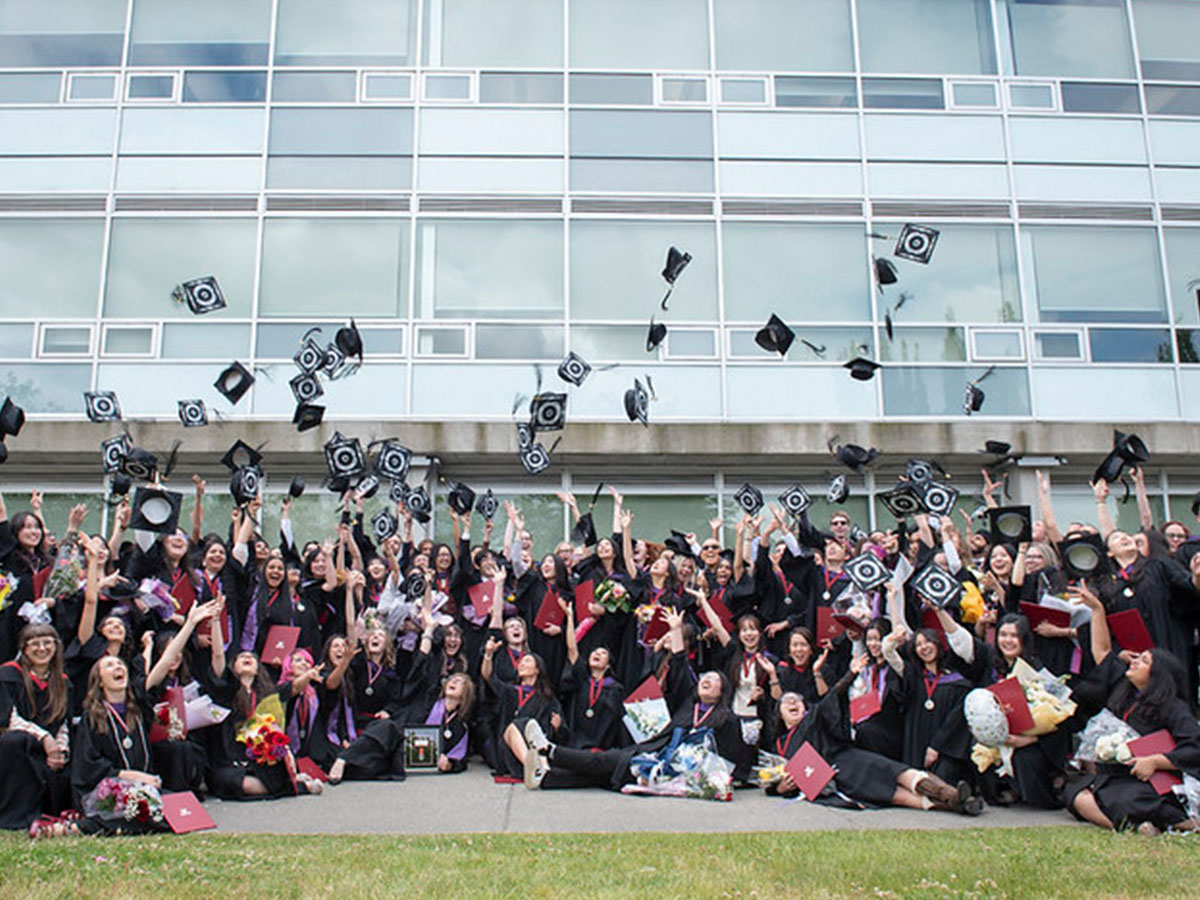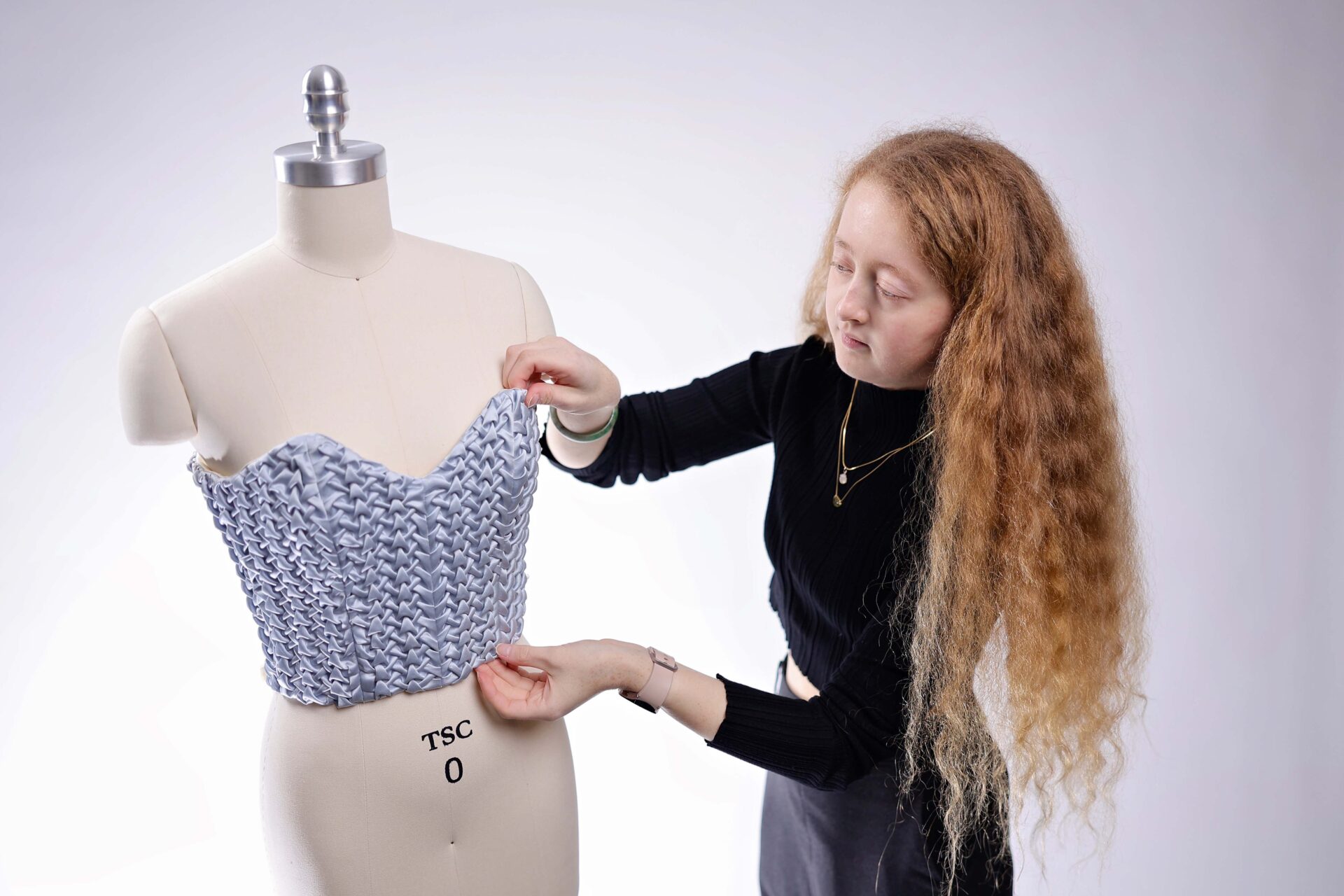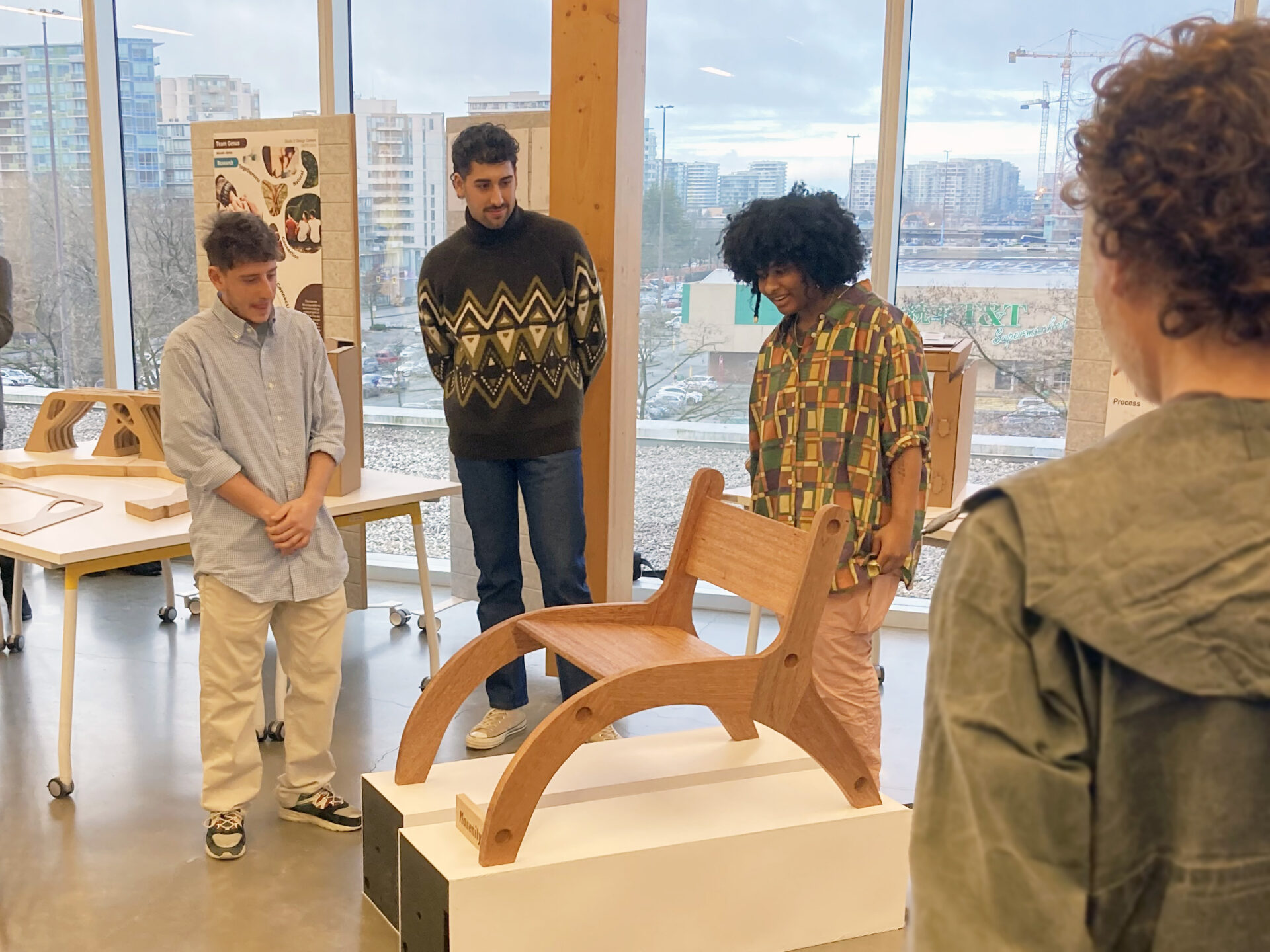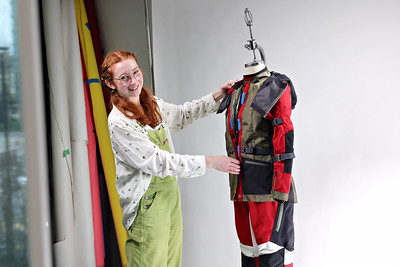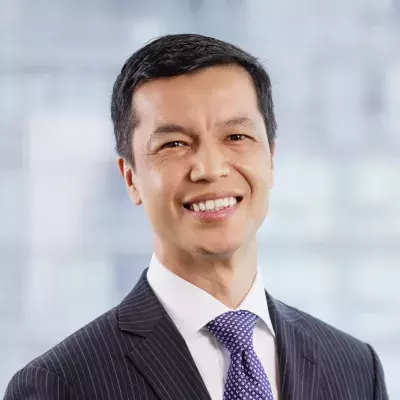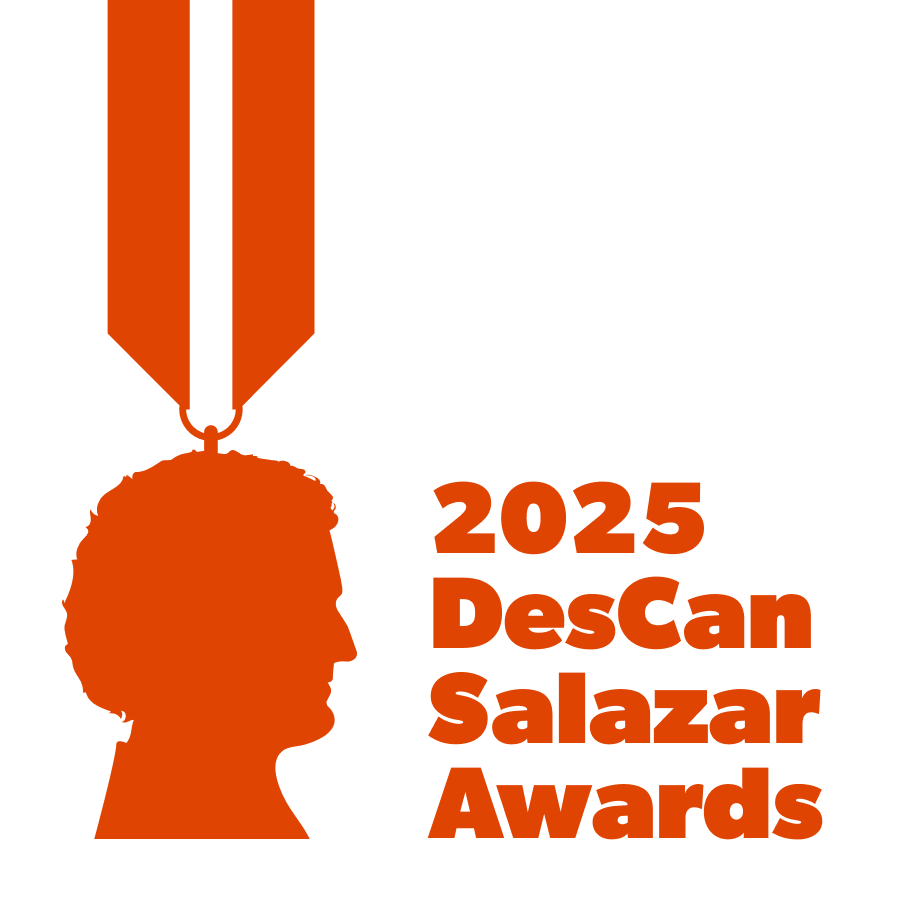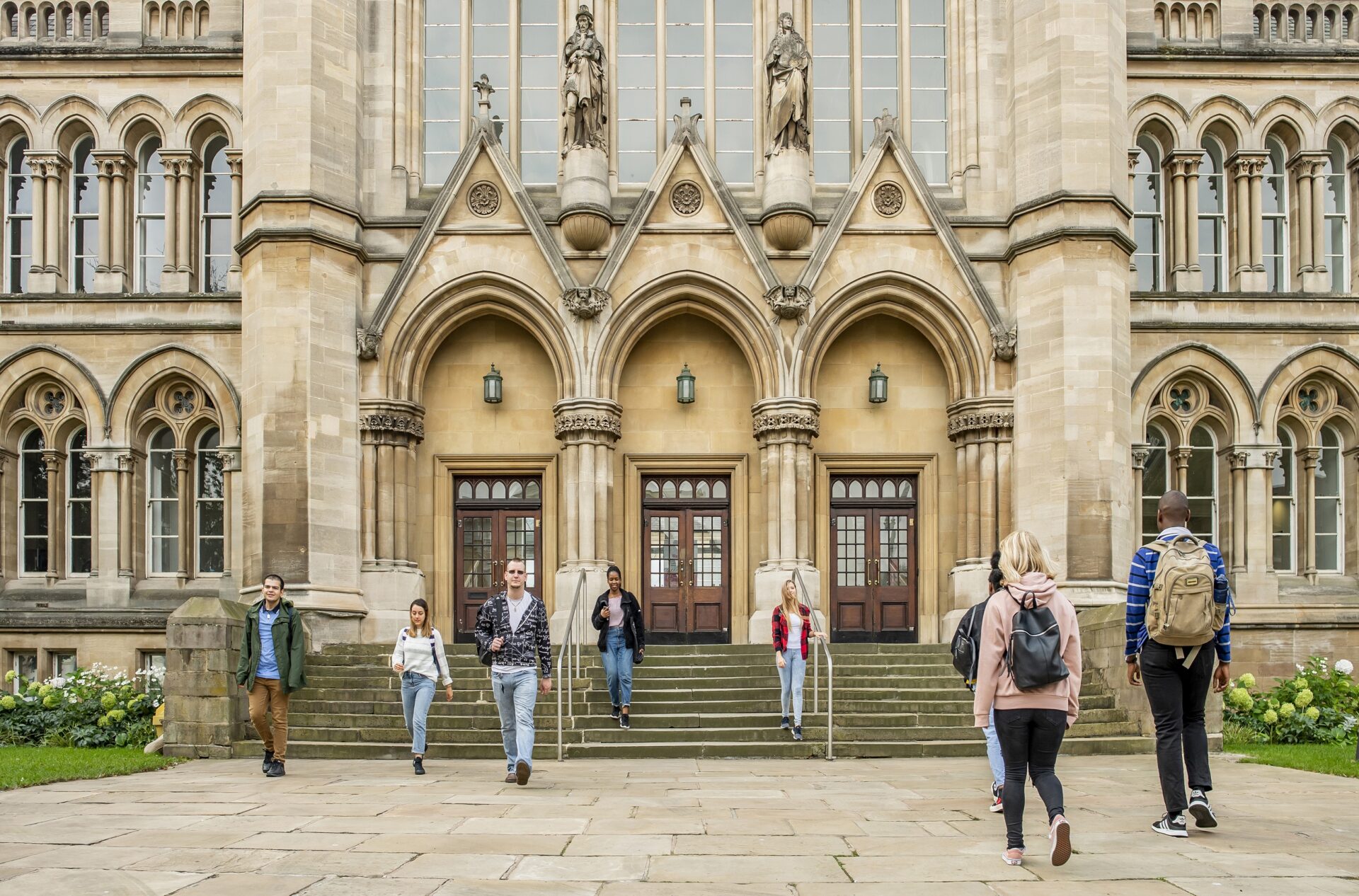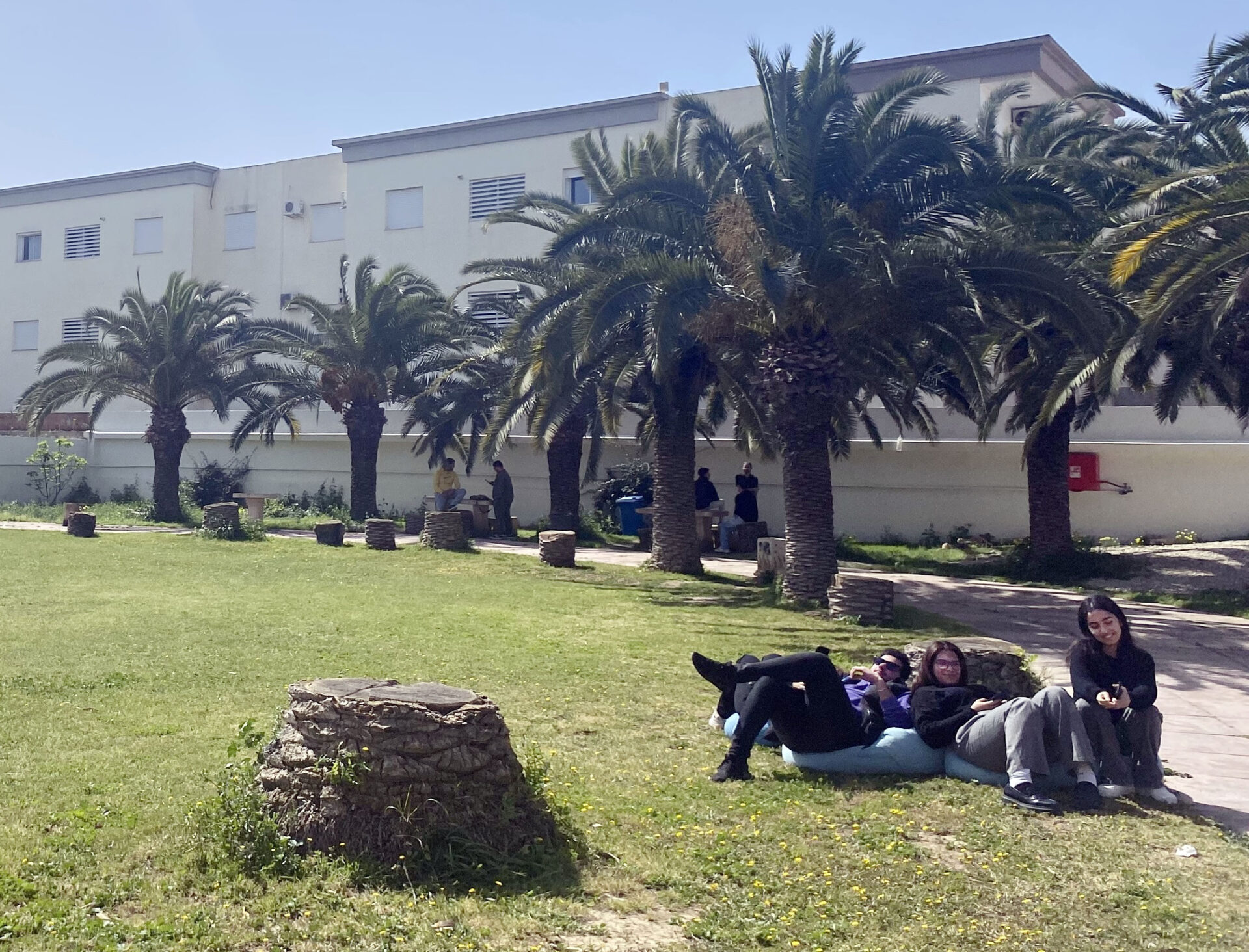KPU created the two Sherman Jen Research Chairs to conduct research that supports its polytechnic mandate through a generous donation from the Dr. Sherman Jen Education Foundation endowed through the KPU Foundation. Biologist Dr. Paul Adams was appointed the first Sherman Jen Research Chair.
As the Sherman Jen Research Chair in Next-Generation Design, Phillips will focus on biodegradable functional materials, exploring how enhanced natural materials that remain recyclable can be used in the apparel industry.
“The apparel industry at the minute is highly unsustainable. We make a lot of clothes that get worn very few times then go directly to landfill,” says Phillips, who joined the Wilson School of Design at KPU in 2014.
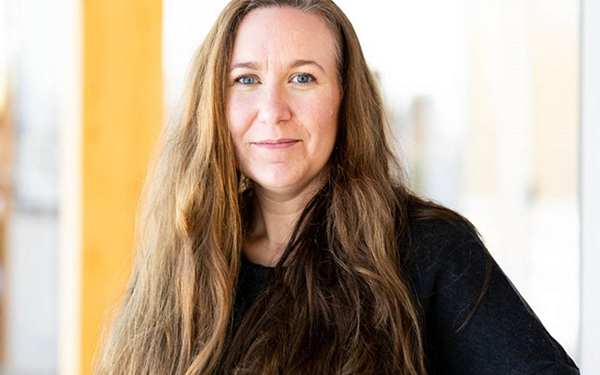
“Applied research is integral to KPU’s polytechnic experience and is key to impactful innovation through community partnerships. This funding is critical to providing experiential learning opportunities for students while addressing design needs of community and industry partners.”
Deepak Gupta – Associate Vice President for Research, Innovation and Graduate Studies at KPU
Some synthetic materials can survive more than 1,000 years in a landfill but the clothes made from them might last 40 years at best because of holes, tears and stains. In contrast, a waterproof cotton that could last 5-10 years would be in line with its functional life span and be recyclable, says Phillips.
“That’s the sweet spot of research,” she adds. “Finding the technology to really figure out how to do this. How to create something that will last that functional lifespan, but not too much longer. Not the extra 960 years.”
Phillips will work with partners in industry and other universities, looking at materials that might currently exist only as small samples to see if they can work on full garment prototypes. The work will be driven by industry needs, particularly those of the technical apparel Cascadian innovation corridor from Vancouver to northern California.
“Sustainability is of utmost importance to all these industries,” says Phillips. “A lot of the time materials are developed overseas, primarily in Asia, because that’s where the machinery and talent is. This would bring some of that experimental stuff closer to home.”
Students will take part, both in class and as research assistants, and Phillips plans to draw on knowledge from across KPU.
